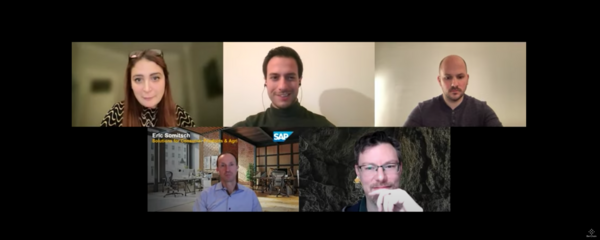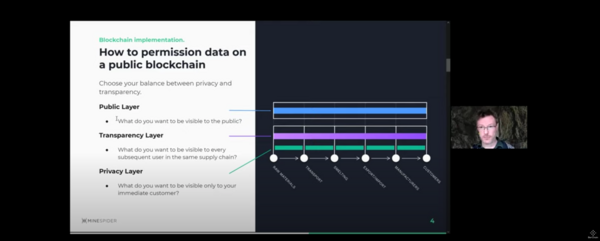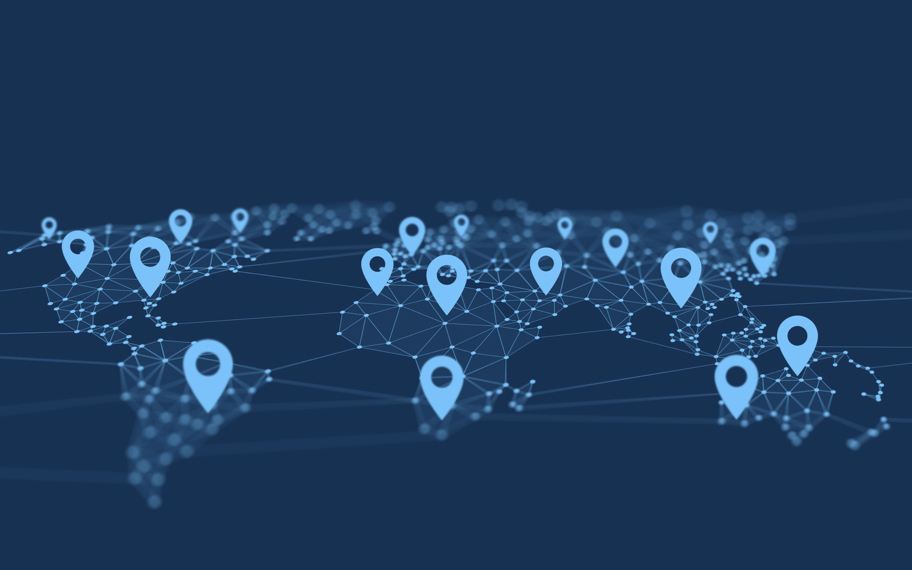It is often a long and difficult path from the mining and extraction of raw materials to the finished end product. The reason: the production and distribution of goods takes place along complex global supply chains with countless suppliers and production sites.
So how can the increasing complexity of supply chains be controlled in an increasingly globalised market economy? And how can sustainability goals and human rights be preserved at the same time?
Traceability of supply chains
With the passing of the Supply Chain Act in Germany, globally active German companies will be given a legal framework for fulfilling human rights due diligence obligations from 1 January 2023. The EU Commission has also already launched a proposal for a directive on a European supply chain law. These regulations are intended to disclose and actively curb abuses at the economic, social and ecological level in the producing countries. However, companies often still have difficulties in fully and reliably tracing the various sub-suppliers and the exact origin of raw materials or product parts. This should change in the future.
Blockchain technology offers great potential for implementing the traceability of production and supply chains. It enables processes and transactions to be documented in a tamper-proof and seamless manner by storing data in a decentralised, distributed database. Every process step in the supply chain can thus be recorded and the path of a product can be traced.
Favorable framework conditions and great potential
The importance of blockchain technology in the supply chain sector was also demonstrated at this year's Blockchain-in-use conference. As part of the event initiated by BerChain e.V. and Berlin Partner für Wirtschaft und Technologie GmbH, various blockchain use cases in the area of sustainability and supply chains were discussed in a sustainability track. The experts Andreas Hartl (BMWi), Sven Wittich (AFTS), Nathan Williams (Minespider), Mariana de la Roche Wills (IOTA Foundation) and Eric Somitsch (SAP) shed light on ecological and social aspects as well as political and European dimensions of the application of blockchain technology.

Andreas Hartl from the BMWi opened the digital panel with an introductory presentation in which he highlighted the positive development in terms of the framework conditions created for the use of blockchain. With the establishment of the European Blockchain Partnership, the OECD guidelines and the introduction of national blockchain strategies, the foundations have been laid for the application of far-reaching use cases. The supply chain sector in particular offers great potential, according to Andreas Hartl:
"When it comes to supply chains, I think this is another attractive area where blockchain use cases can play a role. I really see a big opportunity in showing that blockchain can be part of the solution to climate and sustainability problems."
AFTS
Chief Sales Officer Sven Wittich from the Berlin-based company AFTS (= Assured Farm to Shelf) presented what these use cases can look like and how exactly they work. With a blockchain-based "Track & Trace" platform, the company digitises the supply chains of its customers from the source to the end product. In this way, the sustainable properties of the products can be verified. Using QR codes, the individual actors in the supply chain can scan products to retrieve and add information themselves. All transaction data is saved with a time stamp on the blockchain and cannot be changed afterwards. Through the complete transparency of the processes, AFTS helps its customers to comply with the Sustainable Development Goals (SDGs) and to practice sustainable resource management.

Minespider
The goal of creating sustainable and transparent supply chains is also pursued by the company Minespider. Founder Nathan Williams spoke about the use of product passports and explains the application of Minespider in his keynote:
"We put the data together in what we call material passports and divide it into three different layers based on visibility. We symmetrically encrypt each layer and then asymmetrically encrypt the keys to those layers with the data owner's public key."
Minespider enables the monitoring of industrial supply chains and the traceability of raw materials using digital material IDs. Compliance, legal and sustainability data is collected along the supply chain and secured on a blockchain-based platform. Selected data from the product passports can be shared with the various actors in the supply chain. Through continuous monitoring, it is possible to better control and manage the proper procurement of industrial resources (such as minerals).
The experts from the sustainability track sent a clear signal through their presentations: Blockchain-based applications are an essential part of a global and future-oriented solution strategy to promote sustainable economies with the use of digital technologies.
All presentations of the speakers and the full "Blockchain in Use 2021 Sustainability Track" can be watched in full length here:




